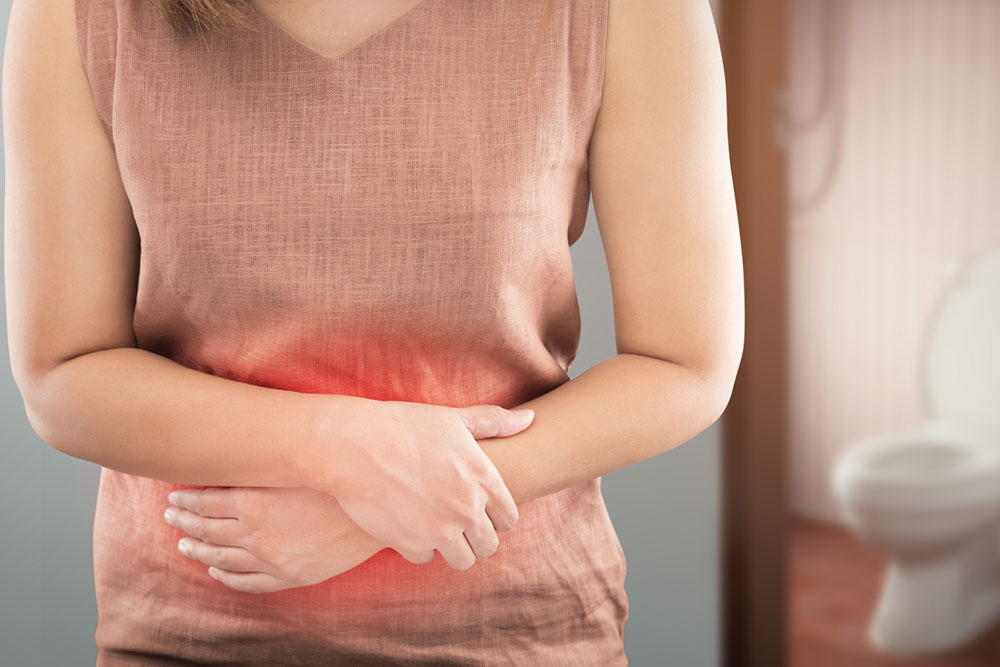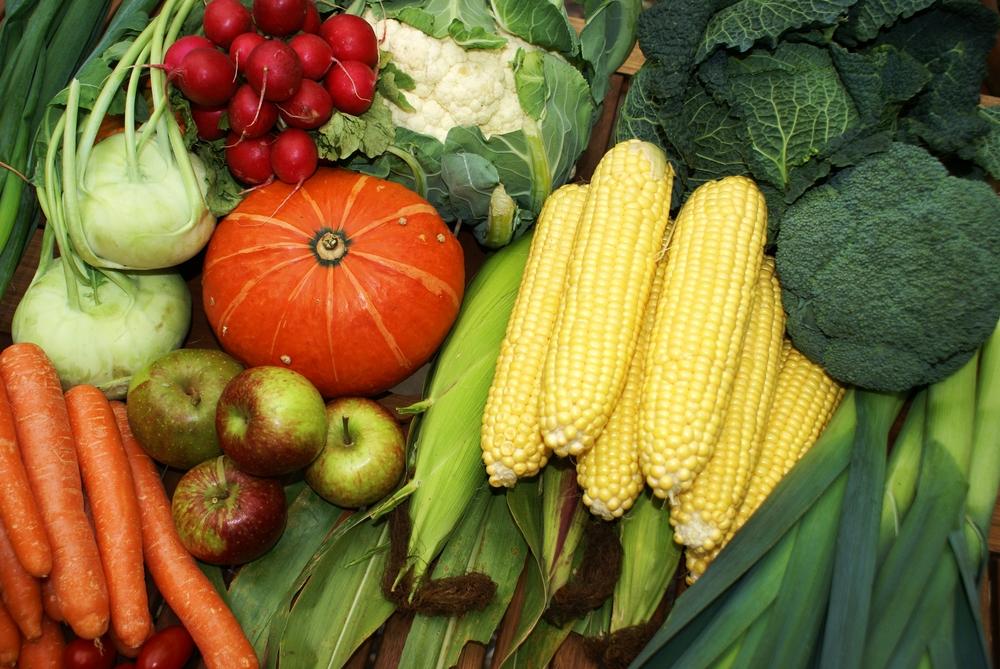Effective Dietary Strategies to Manage and Prevent Diarrhea
Discover effective dietary tips to manage and prevent diarrhea. Learn which foods support recovery, stay hydrated, and which to avoid to restore digestive health quickly. Expert advice on controlling symptoms and ensuring proper nutrition during illness.
Sponsored

Smart Dietary Approaches to Control Diarrhea
Experiencing digestive issues like diarrhea can be uncomfortable and disruptive. Such stomach problems can lead to dehydration, fatigue, and reduced appetite. On average, individuals may suffer from diarrhea two to three times annually, often triggered by bacteria, infections, or food sensitivities. Although usually resolving within a day or two, it’s essential to manage symptoms effectively. Proper nutrition plays a vital role, as the right foods can soothe the stomach and promote healing. Knowing what to eat and what to avoid can accelerate recovery and prevent future episodes.
Diarrhea affects all age groups and isn’t typically serious, but it’s important to follow a suitable diet. A carefully planned diarrhea-friendly diet helps restore digestion and minimizes discomfort. Protecting your health involves choosing foods that support recovery and prevent dehydration. Parents should also be aware of suitable dietary choices for children during such episodes.
Key to recovery is staying well-hydrated. During diarrhea, fluid loss is significant, so increasing fluid intake is crucial. Drinking plenty of water, clear broths, electrolyte solutions, or coconut water can help maintain balance. The BRAT diet—bananas, rice, apples, and toast—is widely recommended due to its gentle, binding properties. Additionally, consuming cooked cereals like cream of wheat, soda crackers, and applesauce can soothe the digestive tract.
Conversely, certain foods can aggravate symptoms and should be avoided. These include fried, fatty, or greasy foods, dairy items like milk, cheese, and butter, spicy dishes, red meats such as pork or veal, and seafood. Raw vegetables, onions, citrus fruits, berries with seeds, and fibrous fruits like figs and grapes may worsen symptoms. Alcohol, caffeinated beverages, and artificial sweeteners like sorbitol are also discouraged until full recovery.
Following these dietary tips can speed up healing. If symptoms persist beyond two days or dehydration worsens, consulting a healthcare professional becomes necessary. Awareness of trigger foods can help prevent future episodes and identify personal food sensitivities.






